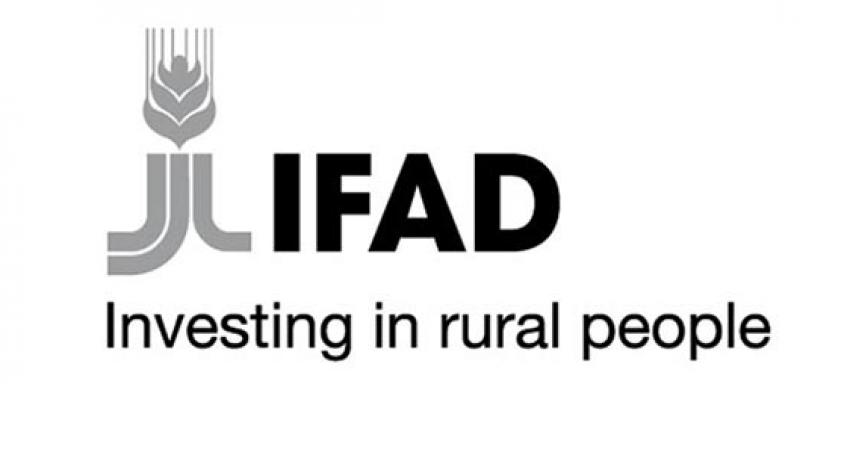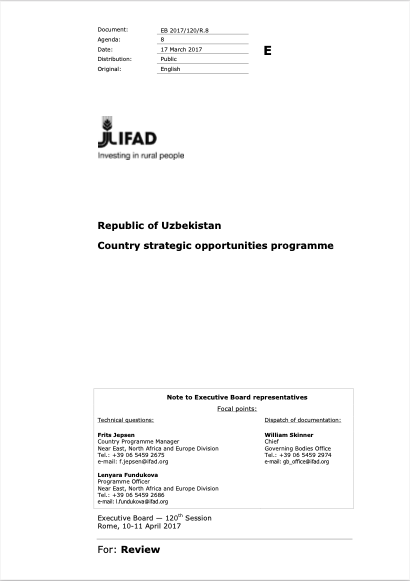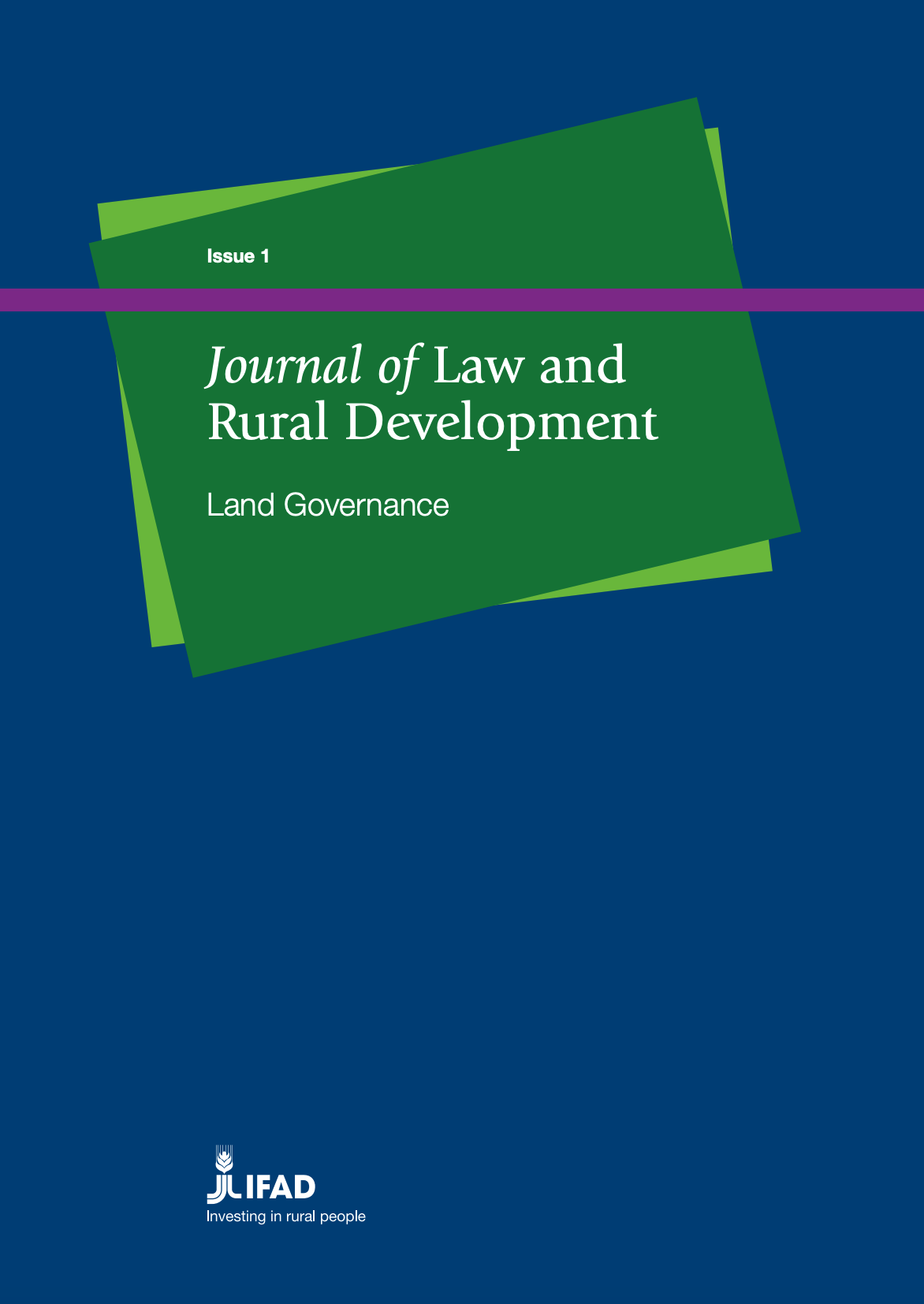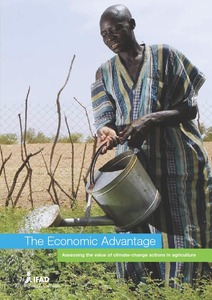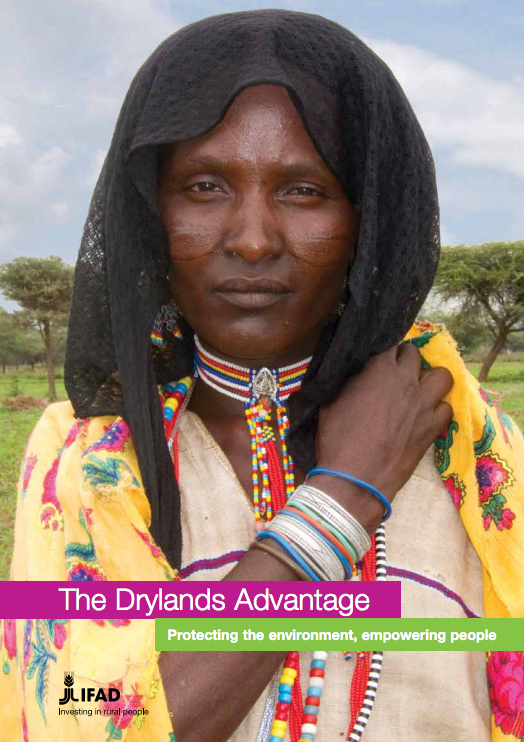Focal point
Location
The International Fund for Agricultural Development (IFAD), a specialized agency of the United Nations, was established as an international financial institution in 1977 as one of the major outcomes of the 1974 World Food Conference. The Conference was organized in response to the food crises of the early 1970s that primarily affected the Sahelian countries of Africa. The conference resolved that "an International Fund for Agricultural Development should be established immediately to finance agricultural development projects primarily for food production in the developing countries". One of the most important insights emerging from the conference was that the causes of food insecurity and famine were not so much failures in food production, but structural problems relating to poverty and to the fact that the majority of the developing world's poor populations were concentrated in rural areas.
IFAD's mission is to enable poor rural people to overcome poverty.
IFAD is dedicated to eradicating rural poverty in developing countries. Seventy-five per cent of the world's poorest people - 1.4 billion women, children and men - live in rural areas and depend on agriculture and related activities for their livelihoods.
Working with rural poor people, governments, donors, non-governmental organizations and many other partners, IFAD focuses on country-specific solutions, which can involve increasing rural poor peoples' access to financial services, markets, technology, land and other natural resources.
Resources
Displaying 31 - 35 of 102Republic of Uzbekistan: Country strategic opportunities programme
This is the first results-based country strategic opportunities programme (RB-COSOP) for the country, and covers the period 2017-2021.
The COSOP draws on national strategies and guidelines for agricultural and rural development, an analysis of three years of country programme experience, and the 2016 Social, Environmental and Climate Assessment Procedures study.
Journal of Law and Rural Development: Land Governance
This is the first issue of the Journal of Law and Rural Development, published by IFAD. IFAD’s mandate to address rural poverty and promote rural development is unique among international organizations. For many years IFAD limited its activities to financing projects and programmes implemented by its Member States, but over the last decade it has begun to transform itself into a knowledge centre and a key participant in the international policy dialogue around rural development issues. The launch of this journal is another step forward in this transformation.
The Economic Advantage: Assessing the value of climate-change actions in agriculture
This report is aimed at readers who seek to build economic evidence in support of the inclusion of actions on agriculture in climate change plans and programmes, particularly at the national level under the umbrella of nationally determined contributions (NDCs) to the December 2015 Paris Agreement, which aims to restrict a rise in global temperatures and manage risks.
The Drylands Advantage: Protecting the environment, empowering people
Marrakech, 11 November 2016 – A new report launched today by the UN’s International Fund for Agricultural Development (IFAD) reveals the crucial role the world’s drylands play in buffering the negative impacts of climate change, land degradation and drought.

